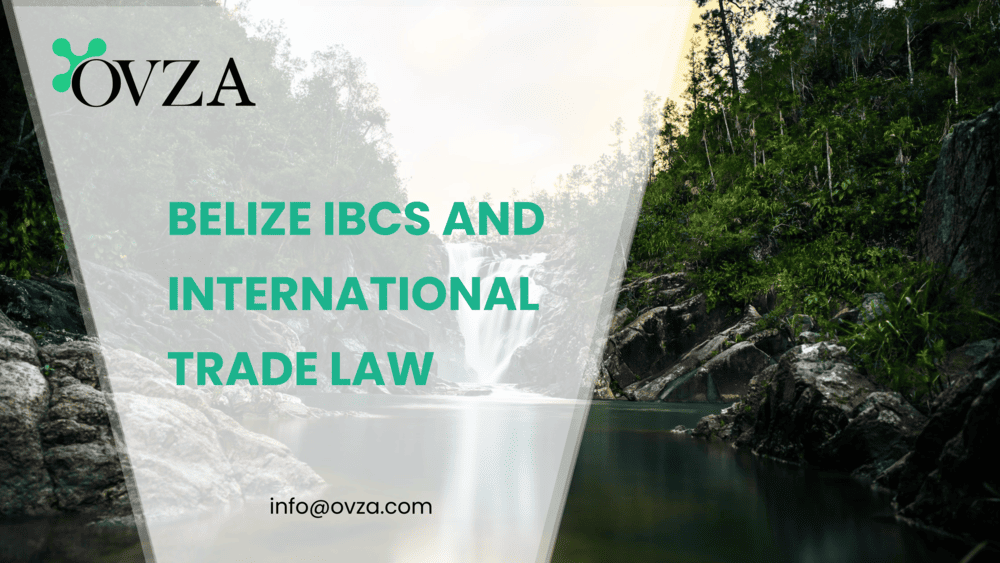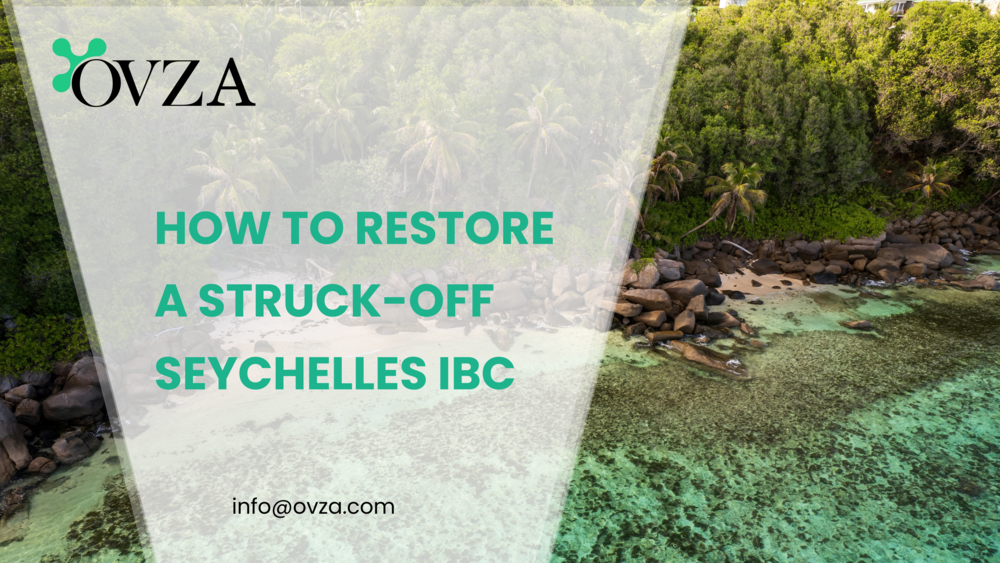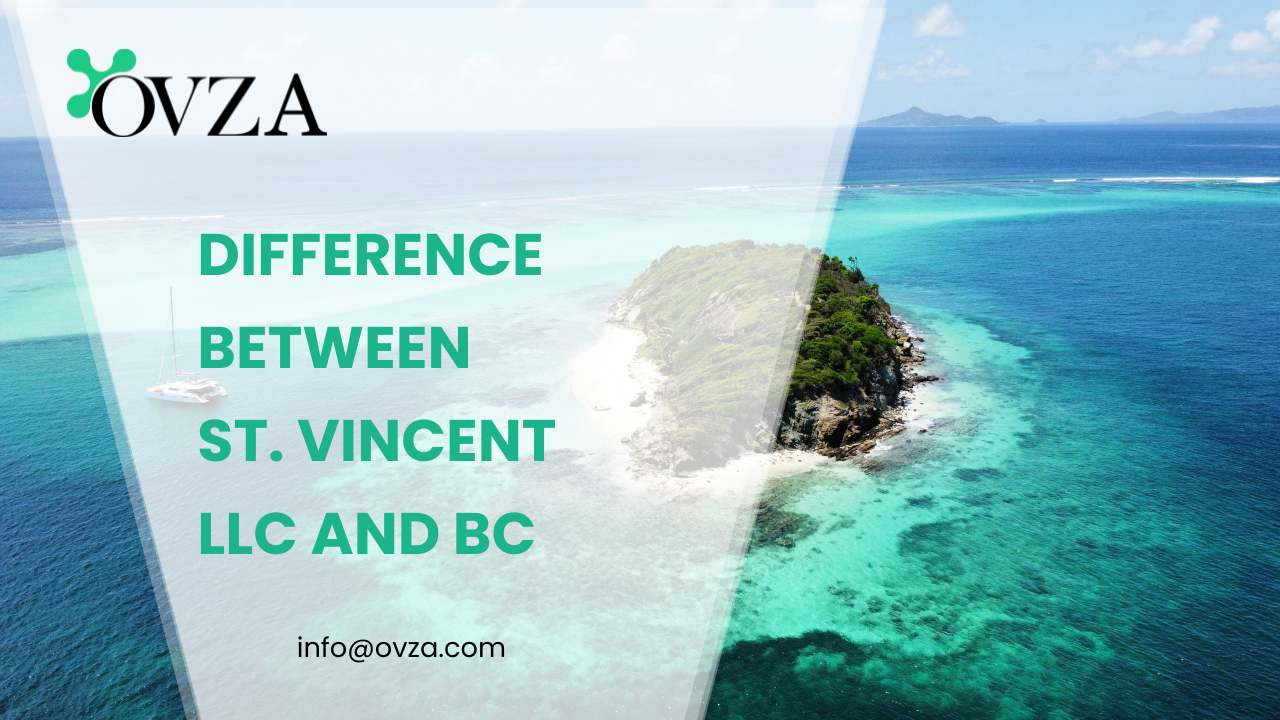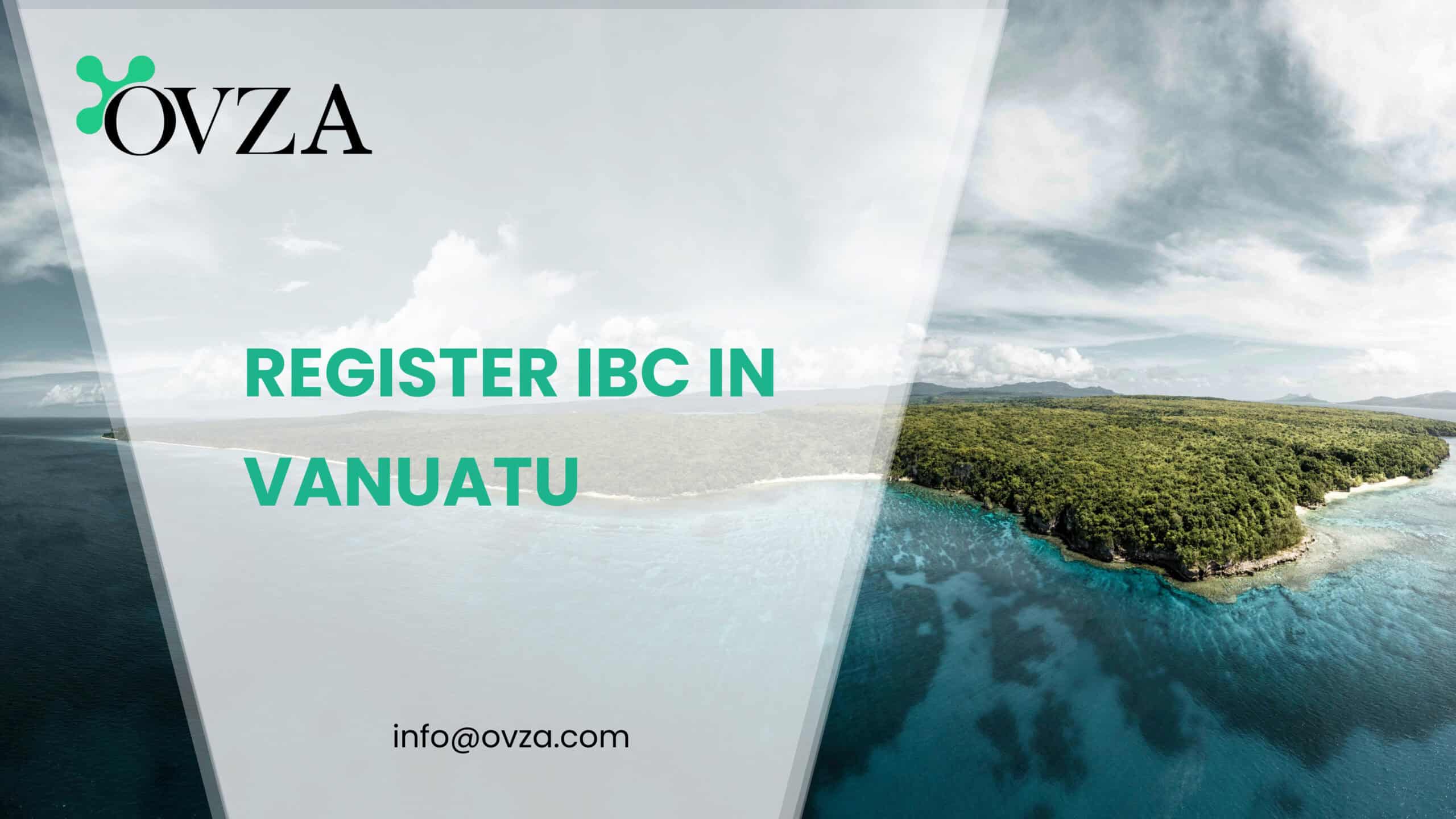Anguilla bearer shares are still legally recognized under current legislation—but only under strict regulatory controls. While they were once prized for offering complete anonymity in offshore ownership, bearer shares are now subject to legal immobilization and custodian oversight. Anguilla has followed the lead of other compliant offshore jurisdictions by enacting detailed rules that severely limit their use, aligning its corporate regime with evolving international standards for transparency and anti-money laundering (AML).
In their traditional form, bearer shares allowed ownership of a company to be transferred simply by handing over a paper certificate—no registration or name change required. But due to the obvious risks this posed for tax evasion, money laundering, and hidden ownership, global regulatory pressure from the OECD, FATF, and the EU Code of Conduct Group led to sweeping reforms. Today, Anguilla bearer shares regulations represent a balance between historical flexibility and modern compliance.
Legal Status of Bearer Shares in Anguilla
Bearer shares are permitted under the Anguilla International Business Companies Act, but only under a framework of mandatory custodial control. The law requires that any bearer shares issued by an Anguilla IBC must be held by an authorized custodian—a regulated financial institution, trust company, or law firm that is subject to full due diligence and recordkeeping obligations.
These custodians must be approved either by the Anguilla Financial Services Commission or based in jurisdictions recognized for having equivalent AML frameworks. This regulatory shift means bearer shares can no longer circulate freely or anonymously. Instead, they are immobilized, with the custodian holding the physical certificates and disclosing ownership details to regulators when required.
For offshore professionals reviewing existing structures or planning new incorporations, it’s critical to understand that Anguilla bearer shares can only exist within this restricted and monitored legal framework. Issuing bearer shares outside of custodial conditions constitutes a regulatory breach, and companies doing so risk penalties or strike-off.
The Global Crackdown on Bearer Shares
The international crackdown on bearer shares began in earnest around 2013, following the release of the OECD’s Base Erosion and Profit Shifting (BEPS) Action Plan and heightened pressure from the Financial Action Task Force (FATF) and the European Union Code of Conduct Group. These organizations identified bearer shares as high-risk corporate instruments due to their potential for anonymous ownership and untraceable transfers, often used to obscure beneficial ownership and facilitate illicit financial flows.
In response, the OECD and FATF called for the elimination, immobilization, or mandatory registration of bearer shares in all cooperative jurisdictions. The FATF specifically listed bearer shares in its 2012 revised Recommendations as incompatible with transparent ownership practices unless properly controlled by licensed custodians.
From 2014 onward, major offshore jurisdictions—including the British Virgin Islands, Seychelles, Bermuda, Panama, and eventually Anguilla—undertook sweeping legislative reforms to preserve their reputations and remain off international blacklists. These reforms typically required either the outright prohibition of bearer shares or the introduction of strict custodial regimes.
Anguilla’s bearer share regulations followed this wave of international reform. By introducing laws that required all bearer shares in Anguilla to be held by an authorized custodian, Anguilla effectively neutralized their historical use as anonymous ownership vehicles. The reforms were not symbolic—they were essential to safeguard Anguilla’s international standing, avoid EU or OECD sanctions, and ensure continued access to correspondent banking and cross-border investment networks.
Custodian Obligations and Recordkeeping
The cornerstone of Anguilla’s bearer share regulations is the role of the qualified custodian. These custodians are not passive holders of certificates—they are legally obligated to ensure full transparency and traceability of ownership. A custodian must collect and verify the identity of the beneficial owner through robust KYC (Know Your Customer) procedures, including certified identification and proof of address. They are required to maintain accurate, up-to-date records of ownership and any transfers that occur, ensuring that all changes are formally documented and compliant with legal procedures.
In addition, custodians must monitor and supervise any transfer of bearer shares, ensuring that each transaction follows approved protocols and is not conducted informally or in a way that could obscure ownership. When lawfully requested by regulators or enforcement agencies, custodians are also required to disclose ownership details or cooperate with investigations.
These obligations place custodians at the front line of regulatory compliance. They are subject to audits and potential penalties for any breach of their duties. This regulatory architecture guarantees that, while bearer shares technically remain legal in Anguilla, they no longer function as anonymous or untraceable financial instruments.
Enforcement Risks and Legal Consequences
Companies that issue bearer shares in Anguilla outside the custodial framework face serious legal consequences. Under current regulations, any bearer shares not properly held by a licensed custodian are considered invalid, and the company may be deemed non-compliant with Anguilla’s International Business Companies Act. This could lead to regulatory sanctions, fines, or even strike-off from the Anguilla corporate register. In some cases, directors and service providers may be held personally liable for willful non-compliance or failure to follow reporting procedures.
Moreover, financial institutions—including banks and fiduciary service providers—may refuse to deal with entities that have issued unauthorized bearer shares or that cannot provide proof of custodian-held instruments. In practice, this means bearer shares that fall outside the custodial regime have no real functional value, and may expose the company to reputational risk and enforcement exposure from both Anguilla and foreign regulators. Nonetheless, OVZA maintains banking partners that could consider onboarding bearer shares companies.
Conclusion
Bearer shares in Anguilla no longer offer the anonymity they once did. Through strict custodial regulations, Anguilla has aligned itself with global standards for transparency, responding to international pressure from bodies like the OECD, FATF, and the EU.
Today, bearer shares must be immobilized, disclosed, and held by licensed custodians. While still legally recognized, they exist within a tightly controlled compliance framework.
Failure to comply risks penalties, invalidation of ownership rights, and exclusion from financial systems. Bearer shares can still serve a role, but only when structured transparently and responsibly within today’s international legal environment.











